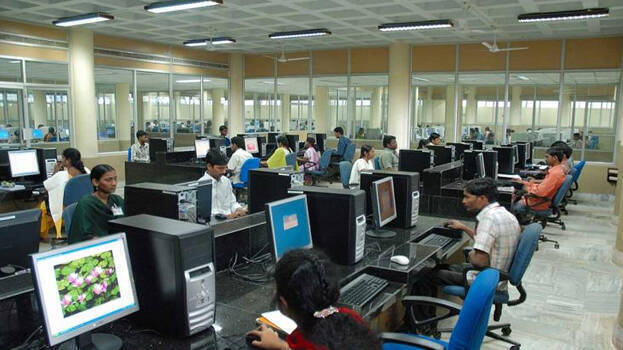The report by Walchand Plus emphasises the urgent need for a transformative approach to ensure workplace safety…reports Asian Lite News
A staggering 40 per cent of working women experiencing workplace insecurity are unaware of the protective measures offered by the Prevention of Sexual Harassment (POSH) Act, according to a report on Wednesday.
The report by Walchand Plus emphasises the urgent need for a transformative approach to ensure workplace safety.
Only 42 per cent of employees possess a thorough understanding of the POSH Act, revealed the report.
This lack of awareness among employees, as highlighted by the research, underscores the imperative for enhanced education on the Act’s provisions.
The report also exposes prevalent misconceptions within organisations, where compliance with the Act is often seen as a mere checkbox rather than a genuine commitment to fostering a safe environment for women.
Surveys indicate that 53 per cent of HR professionals are confused about the Act.
Furthermore, the research found that HR managers are concerned about the underrepresentation of women and the tendency to downplay harassment issues within senior management.
“As a woman, I feel India still has a long way to go when it comes to bridging gender disparity. In many ways, we’re still a patriarchal society. Protecting women at the workplace should be a basic expectation but unfortunately many organisations treat this at a very cosmetic level,” said Pallavi Jha, Chairperson and Managing Director of Walchand PeopleFirst, in a statement.
The research reveals that owing to constraints such as a lack of senior women representation in Internal Complaints Committees (ICCs), among many others, has left much to be desired when it comes to implementation and adherence of the POSH Act.
It also underscores the crucial role of training sessions that go beyond legal literacy, addressing procedural aspects and fostering a preventive culture.
The report urges a proactive response from organisations, advocating for immediate measures to address the gaps identified.
It emphasises the importance of workshops, guidance, and a zero-tolerance policy towards harassment.













